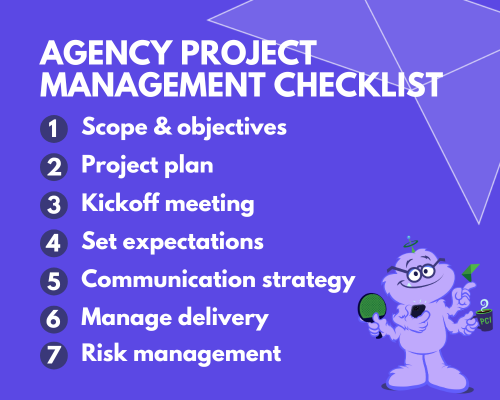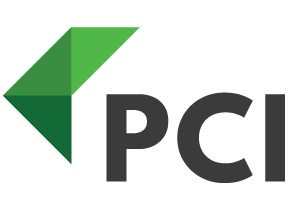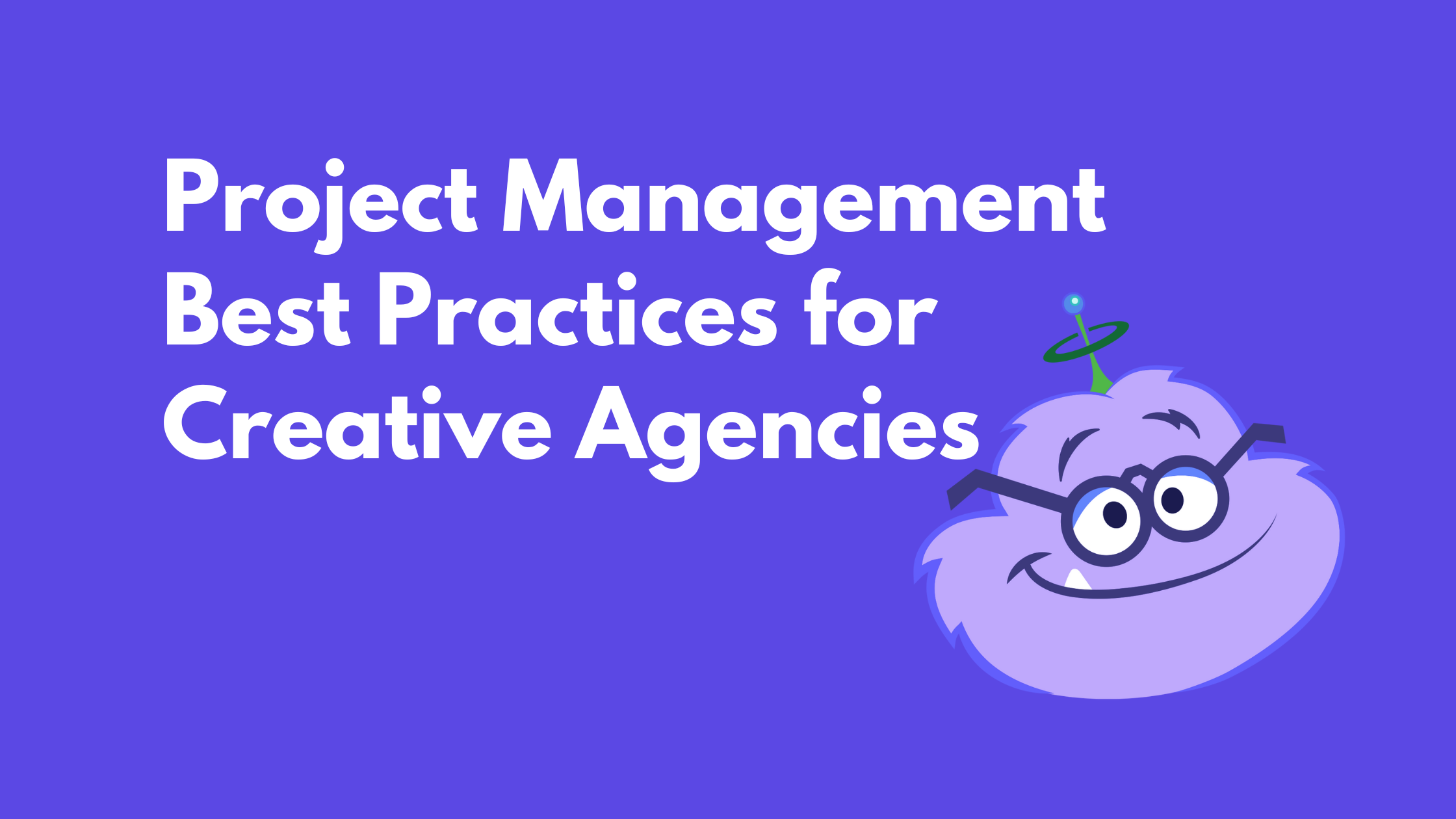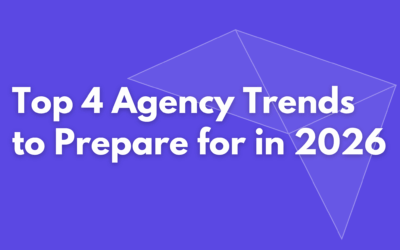Good project management is essential for all types of agencies. Without effective project management processes and managers, project costs and timelines can quickly spiral out of control. Investing in a robust agency management system will enable your project managers to efficiently handle your clients’ work on time and on budget. In addition to using the right tools, here are some best practices for making project management at your agency more efficient.
Common Agency Project Management Challenges
Overcommitment or Scope Creep: Taking on projects beyond the agency’s capacity leads to over-commitment, stretched teams, missed deadlines, compromised quality, and potential scope creep.
Miscommunication: Misunderstandings and inadequate communication among clients, team members, and stakeholders can lead to project delays, frustrate customers, and cause errors.
Improper Resource Allocation: When insufficient resources, such as staffing, time, or budget, are allocated, it can lead to rushed work, burnout, and compromised project outcomes.
Lack of Established Processes: Failing to document project details, requirements, and decisions can lead to confusion, hindering progress, potential disputes, and unpredictable workflows.
Lack of Project Planning: Rushing into project execution without thorough planning can result in scope creep, missed milestones, unpredictable outcomes, and a shift to reactive rather than proactive project management.
What to Look for in an Agency Project Manager
Project managers are responsible for ensuring that projects run smoothly, including monitoring spending and workflow. A good project manager for a creative agency should possess strong communication skills to ensure smooth interaction between the creative team and clients. They should have a keen eye for detail, be adept at resource allocation, and be capable of managing potential risks effectively. Additionally, a good project manager should be skilled at planning and setting realistic timelines to ensure projects are completed on schedule.
Project Manager Main Responsibilities
Initiation: During the proposal stage, the project manager prepares a project scope to identify tasks, needed resources, and the best approach for the project. Project initiation sets the stage for success by defining the purpose, objectives, and key stakeholders, ensuring alignment and shared understanding among team members and stakeholders.
Onboarding: Effective client onboarding is crucial for establishing strong communication and collaboration, which are essential for project success. It involves getting to know the client’s needs and constraints while ensuring alignment on project scope, timelines, and objectives through kickoff meetings.
Planning: Once in the planning stage, the project manager defines the scope, calculates the project cost, and creates a project schedule, which is crucial to ensuring the project is delivered on time and within budget without wasting resources.
Delivery: During project execution, project managers are deeply involved in active project management, monitoring progress and costs and ensuring tasks are completed according to the schedule. Regular monitoring of project progress ensures that the project is advancing according to plan and allows for corrective actions to realign the project if delays occur.
Review: Evaluating a project involves assessing its outcomes against initial objectives to determine its success and stakeholder satisfaction. This review, which includes comparing key performance indicators to project manager goals, provides valuable insights into the effectiveness of the project management team.

Agency Project Management Best Practice Checklist
Effective project management in marketing agencies streamlines processes, reduces delays, and encourages cross-functional collaboration. Clear communication channels ensure all stakeholders are informed about project progress, changes, and potential challenges. Proper resource management and regular quality checks throughout the project lifecycle help agencies maximize their available talent and time while meeting client expectations. Here is a checklist of project management best practices for marketing and creative agencies.
- Scope and objectives: Thoroughly understanding the project’s goals, client requirements, and potential challenges is essential, while clearly defining the project scope is crucial to avoid ambiguity and ensure everyone understands the project’s boundaries and deliverables.
- Project plan: A well-structured project plan guides the entire project lifecycle, helping prevent scope creep and delays. Project planning is a crucial phase involving outlining project goals, defining tasks, estimating resources, and setting realistic timelines.
- Kickoff meeting: Kickoff meetings are crucial for aligning all stakeholders, setting clear expectations, and establishing a shared understanding of project objectives and timelines. They provide an opportunity for the agency team to come together, clarify roles, and create a unified vision for the project, ultimately laying the groundwork for successful project execution.
- Set expectations: Setting clear client expectations is crucial for ensuring alignment on deliverables and timelines, ultimately leading to successful and satisfying marketing agency projects. Transparent communication and managing client expectations help build trust and avoid misunderstandings, leading to smoother project execution.
- Communication strategy: Effective communication ensures all stakeholders are informed, engaged, and empowered to contribute. This involves regular updates, sharing achievements, addressing concerns, and fostering an environment for open sharing of ideas and feedback.
- Managing the team and delivery: A proactive project manager keeps a close eye on the project status, overseeing potential conflicts with resources and ensuring delivery deadlines are met. Using a collaboration tool to enhance efficiency and facilitate easier client collaboration may also be helpful.
- Risk management: A strong marketing project management approach anticipates and plans for potential risks and unexpected changes, allowing agencies to adapt and minimize scope change. Agencies can effectively manage project risks and unforeseen events throughout the project lifecycle by implementing a change control process and creating contingency plans.
The Power of An Agency Management System
Underestimating the scope of work and a lack of in-house resources are among the most significant obstacles to timely and budget-friendly project completion for agencies of all sizes. This highlights the critical need for an agency management system that empowers Project and Resource Managers to craft precise budgets, control costs, and optimize resource allocation. By following best practices, the right software provides foresight to prevent over-servicing and facilitates strategic staffing decisions, ultimately leading to more successful project outcomes.
The Deltek WorkBook agency management system offers complete visibility into project performance, integrates agency operations, and provides visual dashboards and over 300 built-in reports. It allows for a modular implementation to support agency growth while preventing over-servicing and scope creep with real-time insights into employee performance. Increase efficiency by using flexible task management features such as Kanban boards and calendar integration, and quickly adjust timelines and tasks while instantly alerting team members when priorities change. Integrated task management and time entry make it easy to submit time upon completing a task without needing to memorize job numbers.
With intuitive scheduling and project accounting features, you can create better project plans, track costs, and manage margins effectively. Additionally, you can monitor project profitability, control costs in real time, and generate purchase orders within the job to track third-party costs. Deltek WorkBook also allows better collaboration with your team by centralizing communication and sharing files within the task or project, reducing reliance on emails and shortening response time with instant notifications.
Discover the power of Deltek WorkBook with PCI’s implementation and support services to take your marketing agency to new heights. Let PCI guide you in choosing the right Deltek WorkBook software package based on your goals and needs. Contact us today for a demo or watch this 30 minute webinar introduction to Deltek WorkBook’s project management features!






